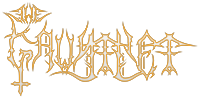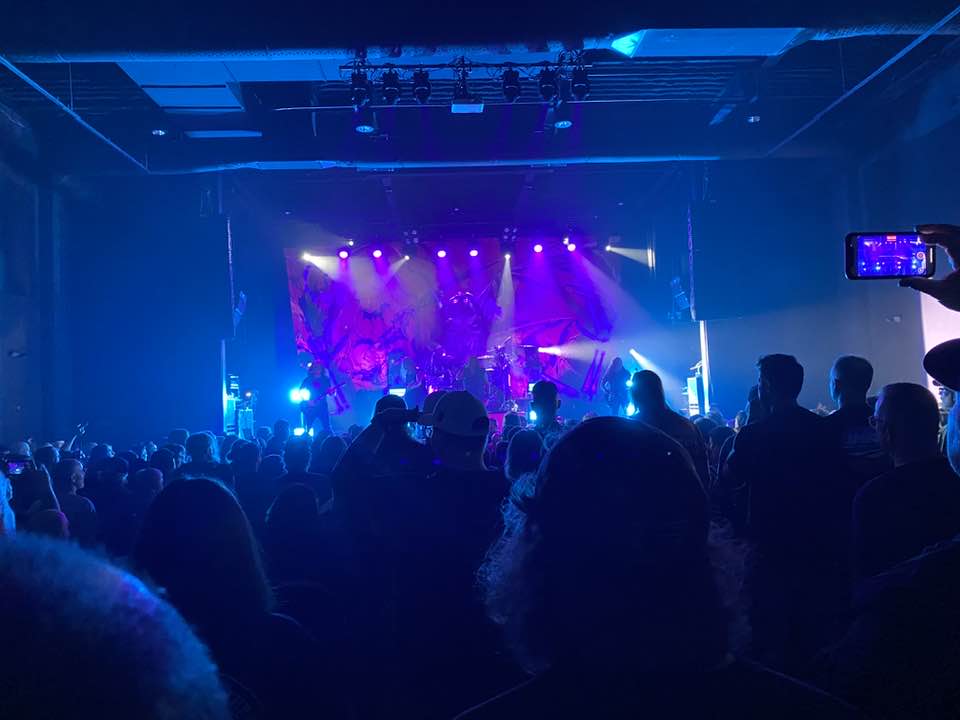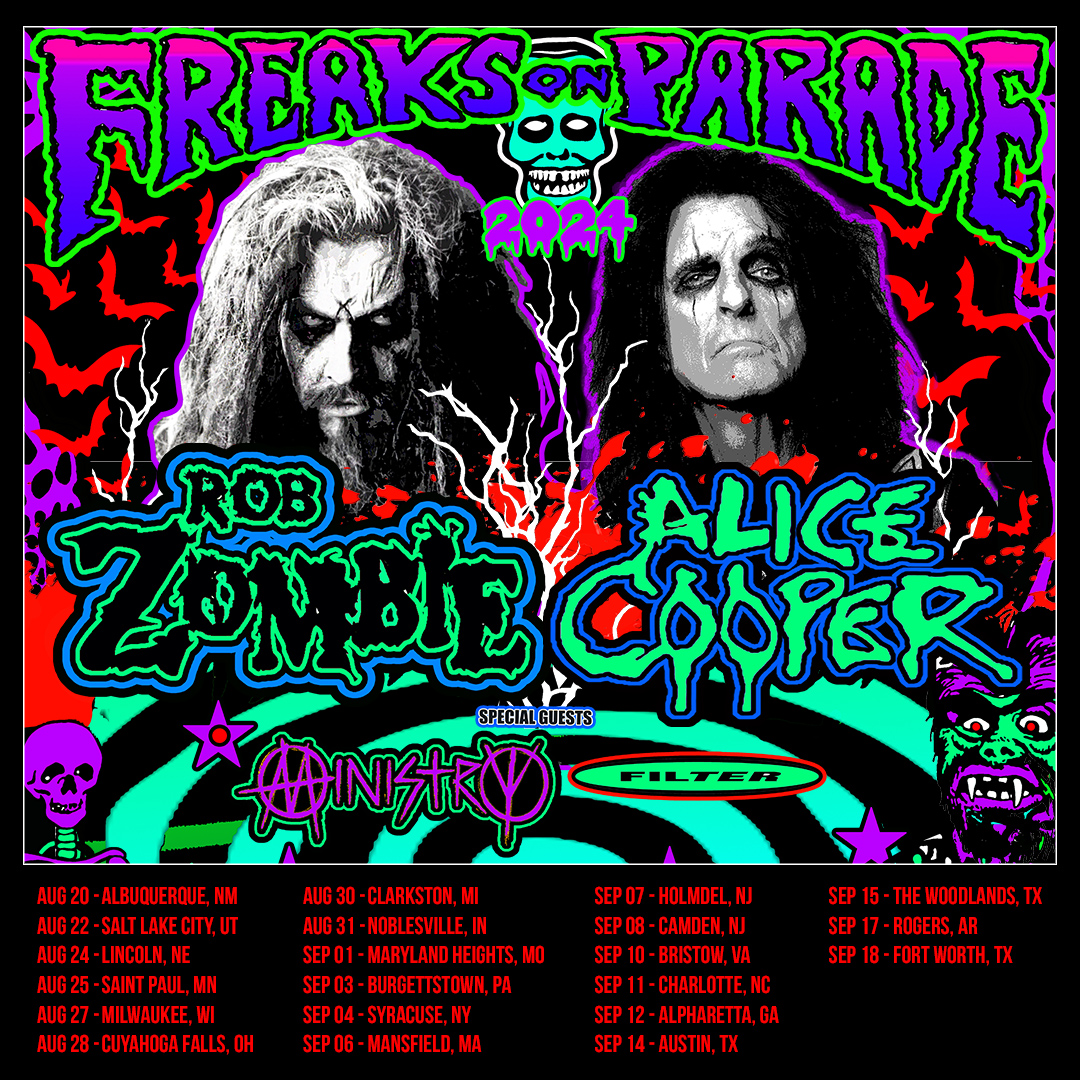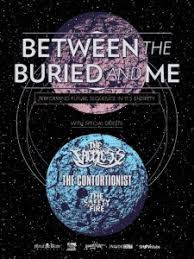Led Zeppelin Bio

Robert Plant Jimmy Page John Paul Jones John Bonham
Genres
hard rock
rock
alt-rock
The band was originally formed in 1968 by guitarist Jimmy Page under the name "the New Yardbirds" in order to fulfill some performance commitments booked before the break up of the original Yardbirds. Robert Plant was the singer. After those concerts the band's name was changed to Led Zeppelin after Keith Moon, drummer with The Who, suggested they would "go over like a lead balloon". They turned out to be one of the most popular and influential rock bands of the 1970s.
Shortly after their first tour the group's first eponymous album was released. Its combination of blues and rock influences with distorted amplification made it one of the pivotal records in the evolution of heavy metal music and kick-started the band's career, especially in the United States, where they would frequently tour and where their album sales totals are second only to The Beatles. The second record, simply titled Led Zeppelin II followed in the same style, and included the bludgeoning riff of "Whole Lotta Love", which, driven by the rhythm section of John Bonham on drums and John Paul Jones on bass, defined their sound at the time.
Jimmy Page and Robert Plant were blues fanatics; two of Led Zeppelin's early hits, "Whole Lotta Love" and "You Shook Me", were actually written by Willie Dixon (however, they were used without crediting Dixon and it was not until Chess Records brought suit 15 years later that proper credit -- and a monetary settlement -- was given). The band also loved American rock and roll and would perform songs originally made famous by Elvis Presley and Eddie Cochran. Onstage, Led Zeppelin concerts could last over three hours; expanded, improvised live versions of their song repertoire often incorporated tight workouts of James Brown, Stax, and Motown-influenced soul music and funk (favorites of bassist Jones and drummer Bonham).
For the recording of their third record, Led Zeppelin III, the band retired to "Bron-Yr-Aur", a remote house in Wales without electricity. This would result in a more acoustic sound (and a song, "Bron-Yr-Aur Stomp" - misspelled as "Bron-Y-Aur Stomp" on the album cover) which was strongly influenced by Celtic and folk music, and which revealed a different side of guitarist Page's prodigious talent.
Click here to update bio






